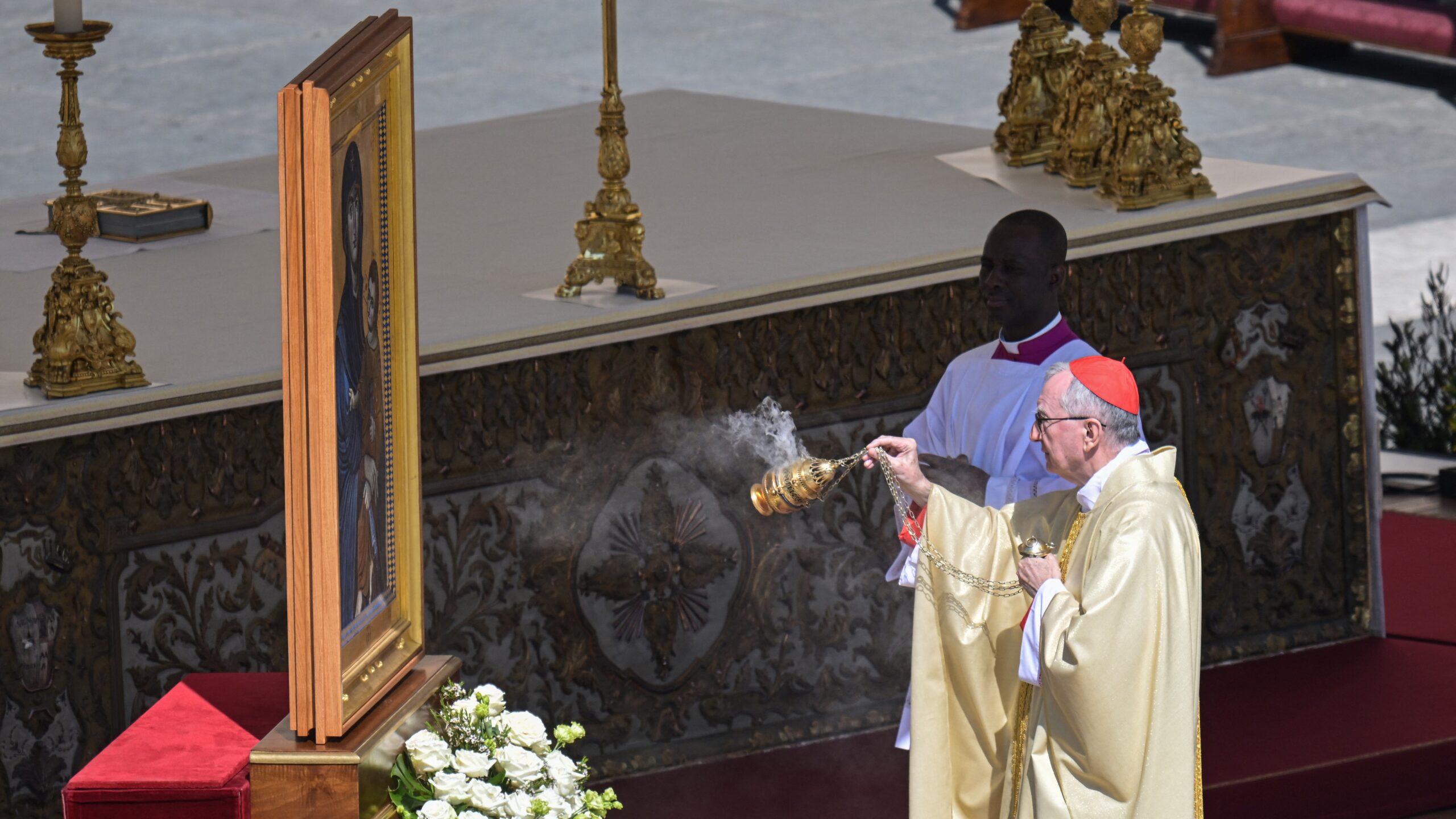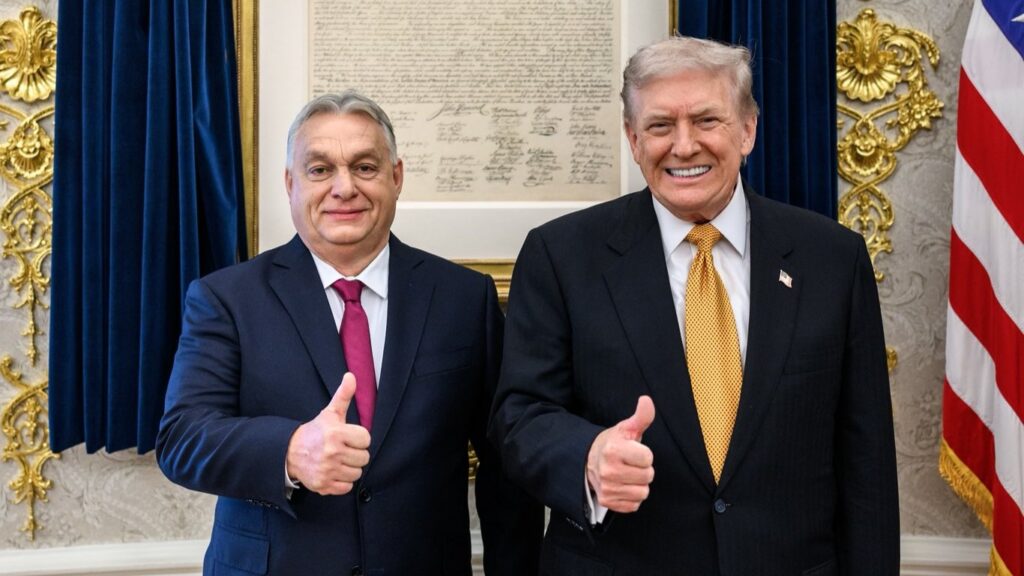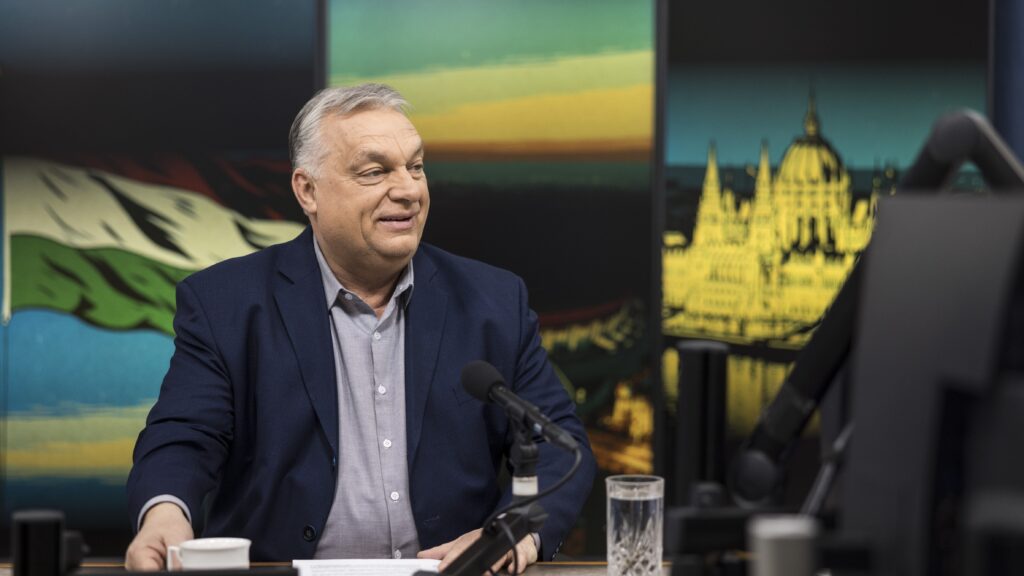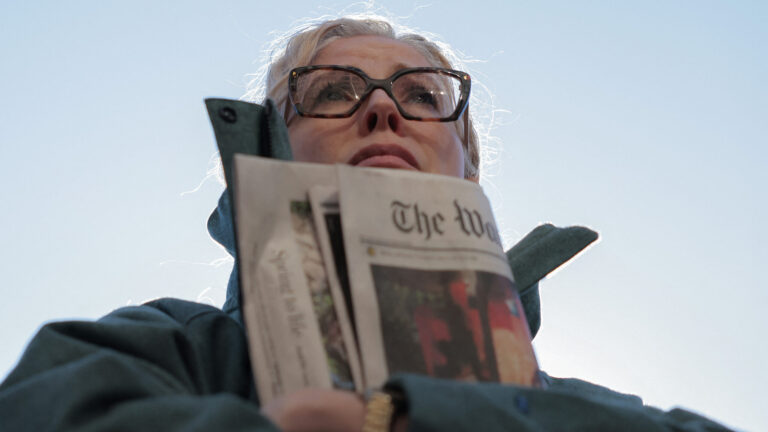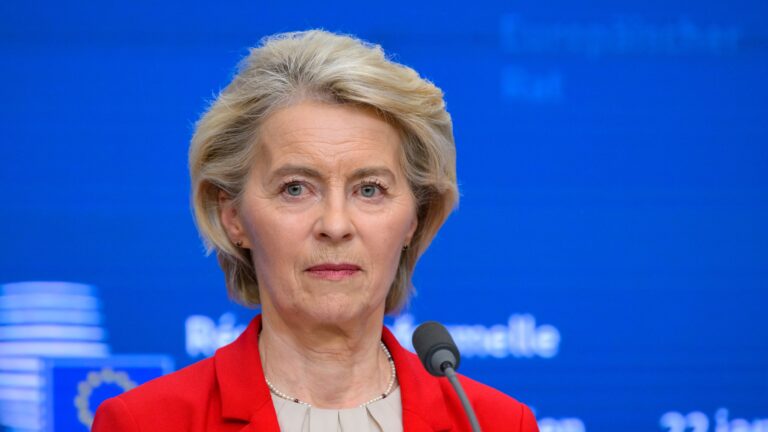President Donald Trump has, once more, drawn criticism for his off-cuff antics. This time for posting an AI-generated image of himself as the Pope: he is seated on a throne wearing a white cassock and mitre.
While the origins of the photo were not immediately clear, and the president did not include any commentary in his post, he nevertheless shared the image on his Truth Social, Instagram, and X; the White House reposted it on its official Instagram and X accounts.
The photo-op, which came just days after he joked: ‘I’d like to be Pope’, drew criticism from Catholics and non-Catholics alike. Some, like the New York State Catholic Conference, accused the president of mocking their faith. ‘There is nothing clever or funny about this image, Mr. President,’ they wrote. ‘We just buried our beloved Pope Francis and the cardinals are about to enter a solemn conclave to elect a new successor of St. Peter. Do not mock us.’
In Italy, where the papacy is held with the utmost respect, even by non-Catholics, centre-left former Prime Minister and former Mayor of Florence Matteo Renzi blasted Trump by writing on X in Italian: ‘This is an image that offends believers, insults institutions and shows that the leader of the right-wing world enjoys clowning around.’
Melissa Gilbert, who was a child actress in the American epic Little House on the Prairie and is now President of the Screen Actors Guild, also condemned Trump’s post. ‘I’m Jewish and even I find this offensive,’ she wrote in a recent post, calling it ‘tasteless, blasphemous, cruel mockery…created by an administration full of Shameful, despicable, monsters.’
On the other side of the spectrum, Vice President J.D. Vance, a convert to Catholicism in 2019, defended Trump, while Republican Senator Lindsey Graham, who is not a Catholic but a Southern Baptist, went so far at to praise the photo, writing: ‘seeing is believing! A picture is worth a thousand words…’
The Vatican spokesman, Matteo Bruni, declined to comment.

I, as a Roman Catholic priest would have liked to have seen, at the very least, the same outrage from the American Catholic hierarchy when then President Joe Biden—a self-proclaimed Catholic—a year ago made the sign of the cross while listening to pro-abortion comments by a fellow Democrat during a pro-abortion access rally in Tampa, Florida; or when Barack Obama, during the annual Thanksgiving ceremony of the president pardoning a turkey, in 2011 ‘blessed’ a turkey with his left hand just as a priest blesses the faithful at the end of mass.
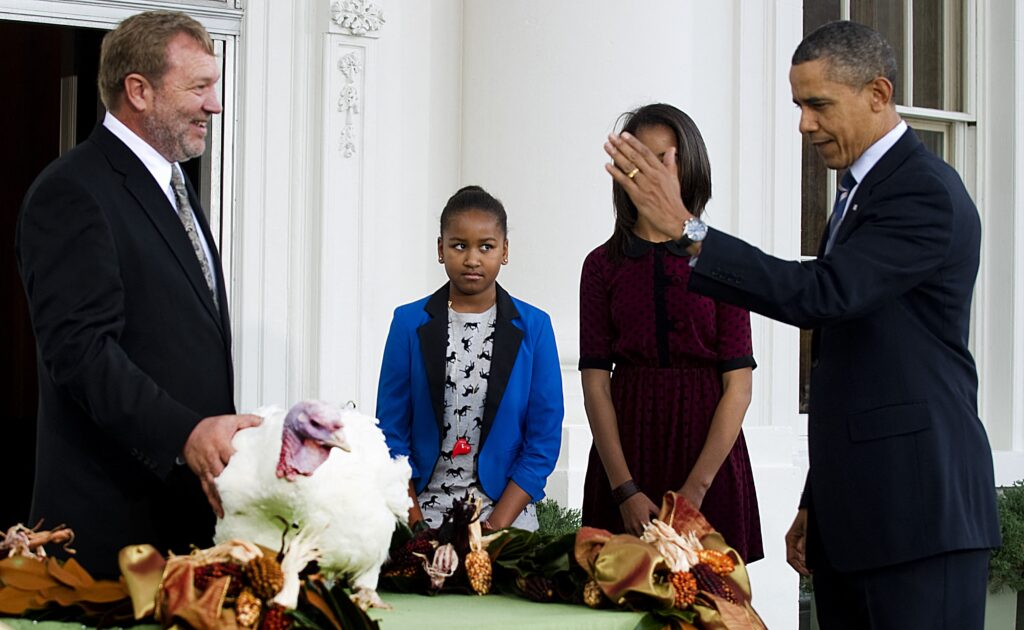
It is worth noting that until the establishment of the U.S. Constitution, and until the subsequent Bill of Rights were firmly rooted in American society, Catholics were heavily discriminated against, perhaps with the exception of Maryland, which enjoyed a dominant Catholic presence. Indeed, the land of immigrants enshrined freedom of religion in the constitution, yet spent much of its history despising, harassing, and marginalizing Catholics.
I personally do not think President Trump was trying to mock the Catholic religion, but was instead just ‘being Donald Trump’; albeit, with very poor taste and, if I permit myself to say, most unbecoming behavior for the ‘leader of the free world’.
‘The land of immigrants enshrined freedom of religion in the constitution, yet spent much of its history despising, harassing, and marginalizing Catholics’
All things being equal, Trump’s self-promotion to the papacy is a sign of the times in that the image of the papacy has been relativized, thanks in great part to the last few Pontiffs. It is as if the pope is just a mere individual, and not the Vicar of Christ, Successor to St. Peter, as we Catholics hold.
A case in point: just days prior to his death, Pope Francis, at his personal request, was brought in a wheelchair into St. Peter’s Basilica wearing a stripped poncho and dark pants, without his white cassock or zucchetto. Just as Pope John Paul II’s wearing of a traditional African headdress was seen by some as diminishing papal dignity, Pope Francis appearing like an ordinary elderly man in a nursing home similarly symbolized a loss of the solemnity and stature traditionally associated with the papacy.

Some sustain that Pope John Paul I, who reigned for just 33 days in 1978, paved the way for such triviality when he broke with tradition and refused to be crowned with the tiara—the papal crown that was last worn by Pope Paul VI in 1963—and thus exonerated himself from his temporary anachronistic sovereignty. Benedict XVI went even further by being the first pope in centuries to resign, thus giving the impression that the papacy was of a sort of timed assignment. Measures like these have led to an obscuration of the spiritual authority of the Pope, which equates him to the same level as any leader.

It should, therefore, be of no surprise why the papacy itself is an open target for ridicule. This naturally does not excuse President Trump for posting a photo of himself as pope, but one must understand the context in which he did so.
All of this will be forgotten in a matter of days after the Sacred College of Cardinals elect a new pope to succeed St. Peter. And then it will be up to the new Pontiff to heal the self-inflicted wounds of popes, and restore the dignity of the papacy before an antagonistic and Godless society.
The views expressed by our guest authors are theirs and do not necessarily represent the views of Hungarian Conservative.
Related articles:

